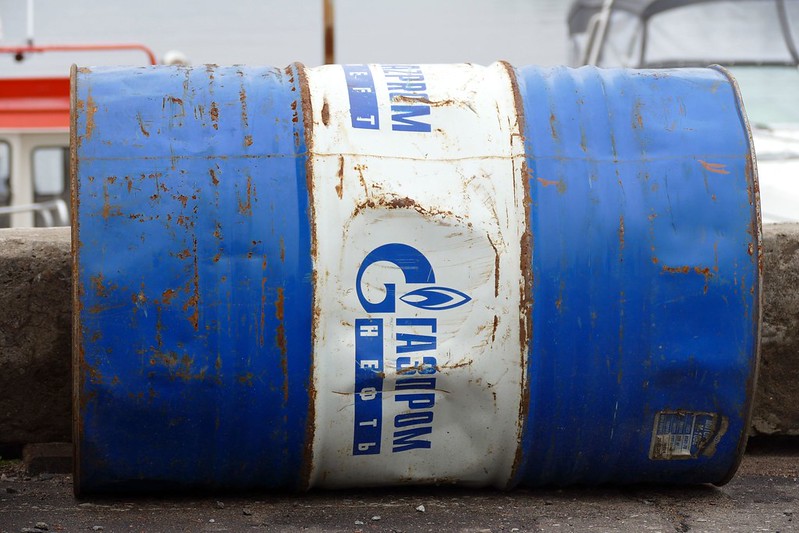
Gazprom registers historic losses and the pressure of European sanctions on Russian LNG grows.
In 2023, Gazprom, Russia’s state-controlled energy giant, recorded its first loss in almost a quarter of a century. With a balance sheet in the red of 629 bn roubles, equivalent to around 6.5 bn euro, the company suffered from the direct impacts of the war in Ukraine, triggered by President Vladimir Putin, and the consequent decrease in gas exports to Europe.
A historic turning point for Gazprom
Gazprom’s loss is significant not only for its size but also for its symbolism, representing the first financial loss since 1999. This reversal is mainly the result of international sanctions and the reduction of gas supplies to Europe in response to Russian military actions in Ukraine.
The EU and the future of Russian LNG
The European Union is considering new restrictive measures against the Russian energy sector, in particular against liquefied natural gas (LNG), which continues to be a significant source of revenue for Moscow, yielding around EUR 8 billion annually despite a general reduction in imports. The forthcoming 14th sanctions package could include restrictions on LNG transhipments, i.e. the transfer of gas from one ship to another before reaching its final destination in Europe.
Market dynamics and geopolitical implications
Despite the ban on Russian oil imports imposed shortly after the start of the conflict in February 2022, the EU has not yet extended these restrictions to LNG. With the closure of the NordStream pipeline, Europe has increased its imports of Russian LNG, especially through Belgium, France and Spain, which have seen a 40 per cent increase in imports since 2023, making Russia the bloc’s second largest LNG supplier.
Conclusion
Gazprom’s losses reflect not only the internal challenges of managing energy in a context of international sanctions, but also the complexity of Russian-European energy relations. Europe, while reducing its energy dependence on Russia, still finds it difficult to separate itself from it completely, as the market dynamics of LNG show. The future of European energy policies and the evolution of sanctions will continue to profoundly influence economic and geopolitical relations with Russia.
Forbes is talking about us!
If you found this article interesting, please visit our blog or our instagram page.
FGN is your guide in the financial and investment world, to safeguard your portfolio and avoid the erosion of your savings.

